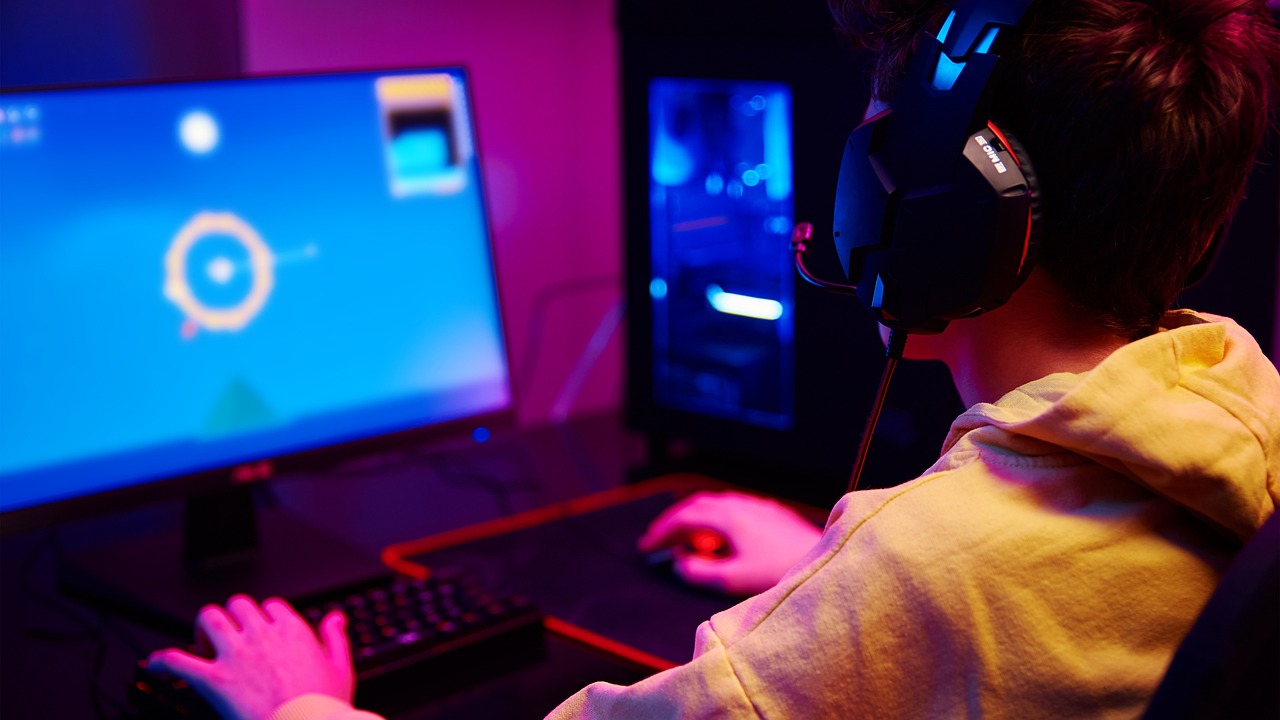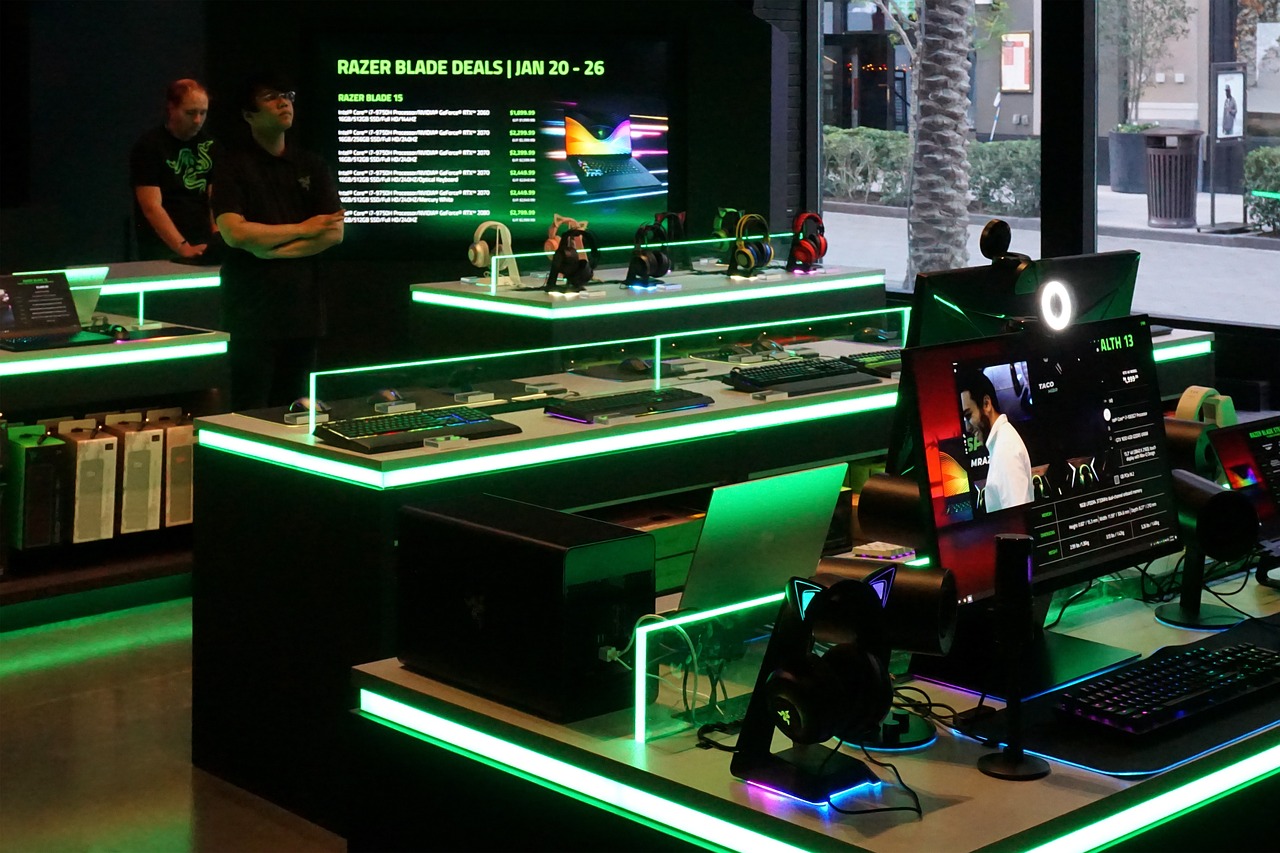I previously touched upon the challenges Unity was facing in a brief mention a few days ago. Now, the situation has worsened considerably, and it is important to shed light on the entire predicament. Unity, as a business, seems bent on self-destruction, continuously making decisions that lead to their downfall.
A recent video by the channel Upper Echelon provides an incredible overview of the new information surrounding this matter. In this article, I will share key insights from that video and provide additional context for those who may be unfamiliar with the situation.
Unity Technologies is a video game software company known for developing the Unity game engine. Recently, they made changes to their fee structure, adding additional charges per install, on top of their existing subscription service. These retroactive terms of service changes have a detrimental impact on numerous game development projects.
Simply put, this disastrous situation stems from Unity’s decision to monetize their products based on developers’ success. Once a certain revenue threshold, such as $200,000, is reached, Unity starts taking a portion of the earnings for themselves.
What Unity fails to grasp is the repercussions of this fee structure change. It introduces significant financial burdens on game developers using Unity Personal and Unity Plus. These developers, who often work on indie projects or small-scale games, now find themselves facing unexpected financial hurdles due to this sudden policy shift.
Unity’s approach seems excessively greedy, trying to profit from the success of others rather than supporting and nurturing the game development community. Game developers are the lifeblood of the industry, and Unity’s actions threaten to stifle innovation and create barriers for newcomers.
It is disheartening to witness a company with such influence prioritize short-term gains over long-term sustainability. Unity should reconsider their fee structure and adopt a more collaborative approach, empowering developers rather than exploiting them. Only then can the company foster a healthy and thriving game development ecosystem.
In conclusion, Unity’s self-destructive tendencies are becoming increasingly evident. By implementing retroactive fee changes that burden developers, the company showcases a lack of understanding and empathy for the challenges they face. It is crucial for Unity to reevaluate their decisions and support the game development community, ultimately ensuring a prosperous future for all parties involved.


